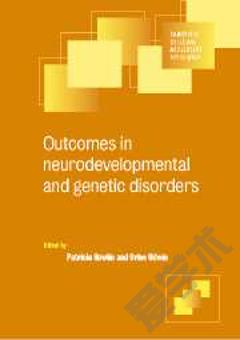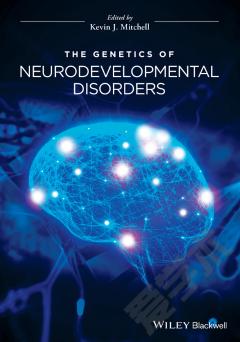Genetic Aberrancies and Neurodegenerative Disorders
Genetic Aberrancies and Neurodegenerative Disorders presents critical reviews and emerging findings concerning the roles of genetic mutations and polymorphisms in the pathogenesis of a range of neurological disorders including Alzheimer's and Parkinson's diseases, trinucleotide repeat disorders, stroke, epilepsy and others. This volume, written by leading experts, brings together fundamental information concerning the roles of inherited traits in the pathogenesis of different neurodegenerative disorders. In addition to providing a catalogue of the known genetic alterations that are linked to specific neurodegenerative disorders, the chapters detail the current state of understanding of the cellular and biochemical mechanisms whereby the genetic aberrancies lead to neuronal dysfunction and degeneration. The emerging picture of each disorder, painted by pathological, biochemical and molecular brushes, suggests that they share key mechanisms including increased levels of oxidative stress, perturbed ion homeostasis, mitochondrial dysfunction and apoptotic proteolytic cascades. The existence of specific molecular defects provides the opportunity to design experiments that can establish the precise pathogenic mechanism of a specific mutation or genetic risk factor. The value of this approach is exemplified by recent studies of how mutations in Cu/Zn-superoxide dismutase cause amyotrophic lateral sclerosis and how presenilin mutations result in early-onset Alzheimer's disease.
{{comment.content}}








 京公网安备 11010802027623号
京公网安备 11010802027623号